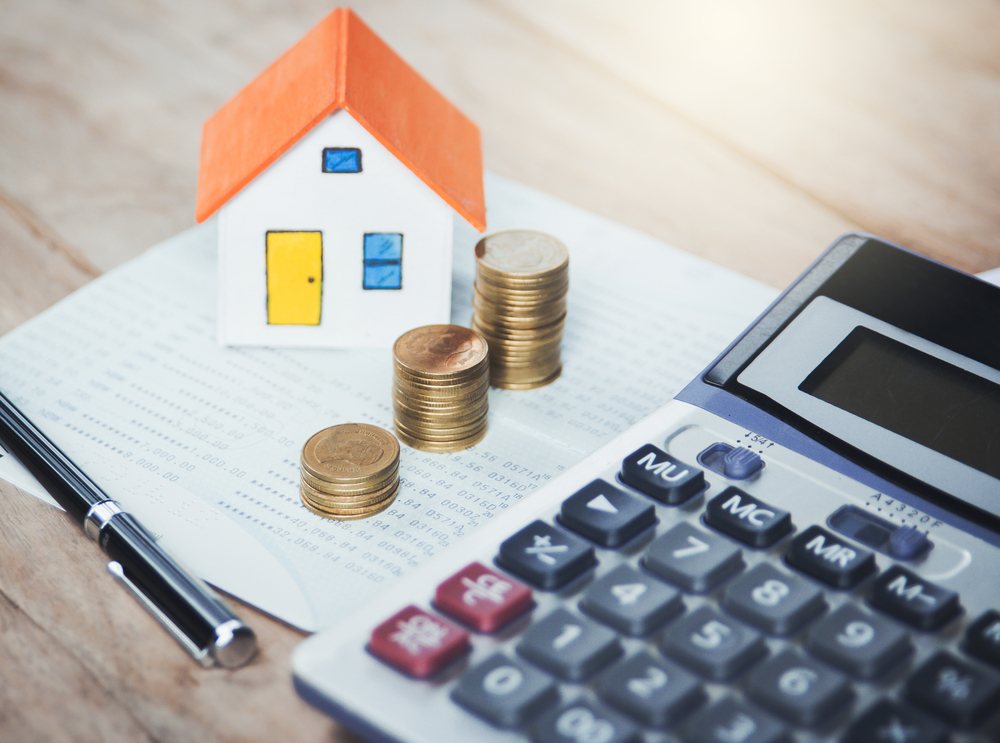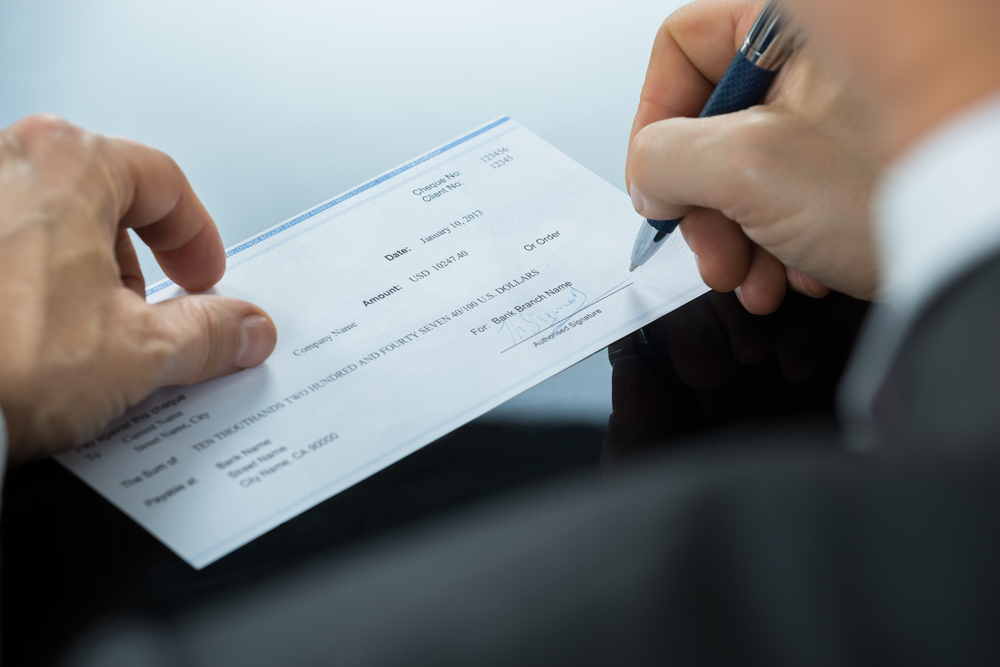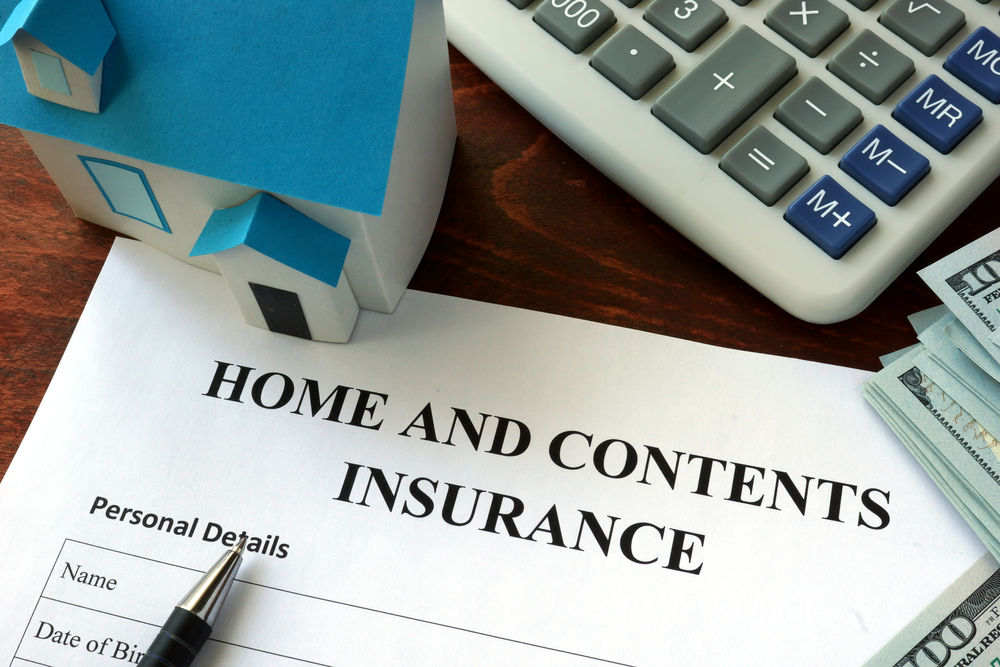Whether you are buying or selling a property, there are many costs to take into account when moving home. These extra costs are dependent on the individual and circumstances, such as which loan you are using or how much money you are paying upfront to your mortgage lender. Some of the major costs include:
If you are borrowing money from a mortgage lender to buy a new property, there are a number of associated costs to bear in mind. Exactly what and how much you pay is entirely dependent on your situation, but most often they will be:
Before putting in an offer for a property, you must arrange for a mortgage first. It is at this point you choose which mortgage is best for you. You can sometimes be charged and is not usually refundable, even if you choose not to buy the property or our mortgage falls through for any reason. Some mortgages providers will include it as part of the “arrangement fee”, however some will only add it on dependent on the size of the mortgage you are borrowing.
If your mortgage provider charges you, typically you are looking to pay between £99 and £250, but this differs when taking into consideration the mortgage you have chosen, and your finances.
This the fee you pay to your mortgage lender for arranging your mortgage, also known as the “product fee” or “completion fee”. This is either a percentage, or a flat fee, depending on the lender or the type of loan you are using for your new property. You can sometimes add this to your mortgage total, but this will increase the amount you owe, your interest and your monthly payments.
In general, your lender will typically ask for up to £2,000, however some may not ask for a fee at all.
Your mortgage lender will check the value of your property you are buying to ensure it is valued correctly and to confirm the property you are buying is worth the amount of money you are wishing to borrow. Some mortgage lenders may waive this fee on certain mortgage deals, and in other instances you can carry out your own property survey to identify all repair and maintenance work needed to carry out. Generally, costs start at around £400 on average. If the lender carries out the survey, they only look at the property value, not necessarily the potential problems and future costs, and may ask for an upfront fee ranging anywhere from £150 to £1,500, so it is worth considering getting this done yourself.
This fee pays for the lender’s administration costs in setting up, maintaining and closing your mortgage. If you are asked to pay this fee, which tends to be around £100 and £300, then it is unlikely that you will be asked to pay an “exit/closure fee”. Although it is important to understand that an “early repayment charge” might still apply if you close the mortgage early.
The early repayment charge may not always apply, so ensure you check the rules for each mortgage provider you look at, especially if you are thinking of making an early repayment in the future. If you already had a mortgage, check your European Standard Information Sheet (ESIS) document to see what the cost is.
Typically, the charges range from 1–5% of the value of the early repayment. For example, a £100,000 mortgage with a 3% charge would cost you £3,000. This covers lender costs if you repay all or part of your mortgage earlier than the agreed period. In addition, the mortgage provider might also ask for any rewards or incentives paid to you to be returned, such as discounts on legal fees or cashback.
This is a fee you pay to your lender when you repay your mortgage, even if you are not repaying it early. If you have already paid the “account administration fee”, it is unlikely you will need to pay this fee, as it usually includes set up and maintenance, as well as the closure of the account. This varies from mortgage lenders, so check what your “account administration fee” covers to make sure. If you are expected to pay this fee, it typically costs you between £75 and £300.
This fee is paid directly to a mortgage broker, if you choose to hire one – it is not compulsory, although it is advised. A mortgage broker helps to arrange your mortgage or give you advice regarding your mortgage. The fee for this varies, with some brokers asking for around £500, however some will not charge you. Instead they may take commission from your mortgage provider, but this depends on the value of your mortgage.
Clearing House Automated Payment System (CHAPS) is a fee charged by your bank for making a large payment that will be received the same day within the United Kingdom (if notification is given before 4.25pm). This is necessary when you are completing on your new property, as all money must be paid to your solicitor on the day the contracts are signed in order for the sale to be finalised. If you’re a seller, you will have to pay a CHAPS fee on behalf of your lender when they are transferring money to your solicitor.

You must pay Stamp Duty Land tax (SDLT) if you buy a property or land over a certain price if you live in England, Wales and Northern Ireland. The current SDLT threshold stands at £125,000 for residential properties and £150,000 for non-residential land and properties. Use the Stamp Duty calculator on the Gov.uk website to help you figure out how much Stamp Duty you will have to pay when moving. You must pay this tax value within 30 days of completion of your property. If you fail to pay the tax within the time frame, you will be charged penalties and interest.
If you have a solicitor, agent or conveyancer, they will usually file your return and pay the tax on your behalf on the same day as your completion. They often factor in this amount and add it to their total fees. The Stamp Duty tax no longer applies to Scotland, but instead if you are buying in Scotland you must pay Land and Buildings Transaction Tax (LBTT). LBTT is applied to all residential and commercial land, and buildings transactions where a chargeable interest is acquired. Use the LBTT calculator on the Revenue Scotland website to help you figure out how much money you are required to pay.
The deposit your put down to hold your home is often the largest cost when buying a property. It is a percentage of the value of the property you are buying, and is typically between 5% and 20% of the property’s value. However, it is recommended to put down 10% to increase your chances of obtaining a mortgage. You must pay this once your exchange contracts with your seller.
According to mortgage advisors at Which?, to get the most competitive mortgage deals on the market, you will usually need a deposit of 25% upwards. Some of the best deals require a deposit of around 30% or even 40%, which is unrealistic for some, especially for first time buyers. Ways to help this can be through government ‘Help to Buy’ schemes, such as shared ownership and help to buy equity loans.. You could also consider buying a property with friends or getting help from family.

You may choose to hire a surveyor to carry out an inspection of your new property. There are varying levels and, therefore, varying costs associated with these surveys. It is advised that you get one to ensure that there are no underlying issues with your new property.
Different levels include:
When moving houses, you will often need a solicitor or licensed conveyor to carry out all the legal work. Their fee covers things like drawing up contracts, handling monies, and liaising with the other party. Typically, legal fees are priced at around £850 and £1,5000, including VAT at 20%. As well as this, your solicitor or licensed conveyor may also carry out local searches, which will cost you an additional £250 and £300, in order to check if there are any local authority issues and plans that may affect the value of and your usage of the property.

When moving home, it isn’t always ideal travelling backwards and forwards with boxes, especially if you are moving further away. If you are able to transfer your possessions by yourself, it will save you a chunk of money. However, if you have a small car, it may be worth hiring a van – much cheaper than hiring a removals firm to do the work for you. You must also factor in storage costs if you are unable to move all your possessions in one go, if you are downsizing or moving abroad.
If you are travelling a long distance, it will unquestionably easier to pay a removal company, although they can be costly depending on the number of boxes you have. This is why, if it is possible, most people attempt to move their belongings in their own vehicle, or by hiring a van.
Once you move property, you will need to take out buildings insurance for your new home from the moment you exchange contracts. It is a good idea to get home contents insurance to ensure you are covered once you have moved in to protect your belongings.
Buildings insurance covers the cost of repairing any damage to the structure of your property. Garages, sheds and fences are also covered, as well as the cost of replacing items such as pipes, cables and drains. Your insurance should cover the cost of rebuilding your property if it includes the costs of demolition, site clearance and architects’ fees.
It usually covers loss or damage caused by:
You may want to consider taking out extra buildings insurance to cover you for other risks. You can add on extra insurance for:
This covers all items in your house which are not fixed to the property, such as your furniture, jewellery, appliances and clothing. Essentially, if anything happens to your belongings, you will be covered and all of your items will be replaced. For example, if you claim for a washing machine that was three years old, your contents insurance will replace it with another washing machine that is three years old. However, you can also choose to get “new for old” contents insurance, which gives you a brand-new replacement for whatever gets damaged or stolen. This option is more expensive.

